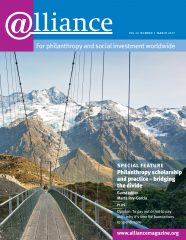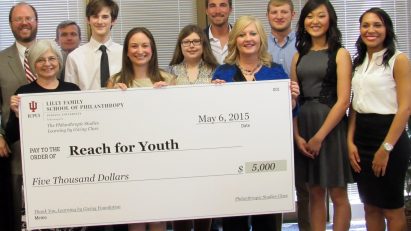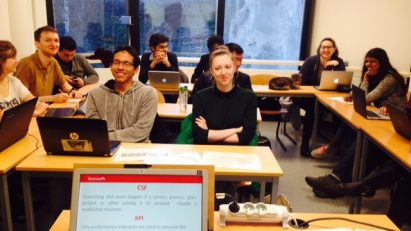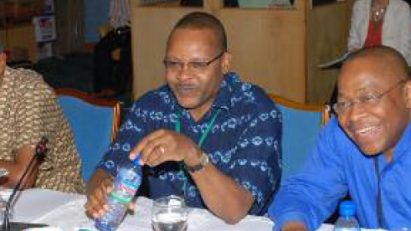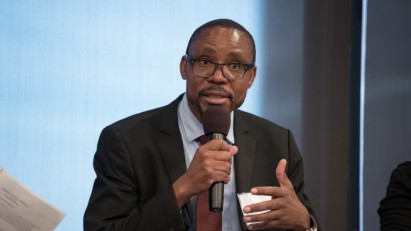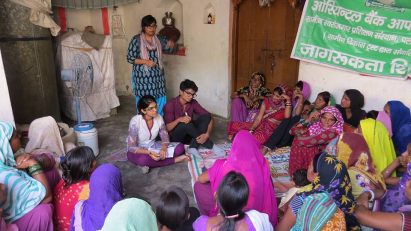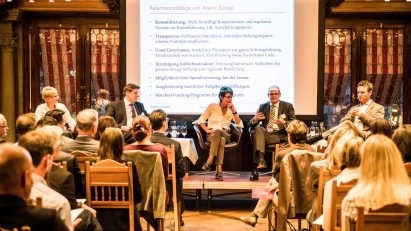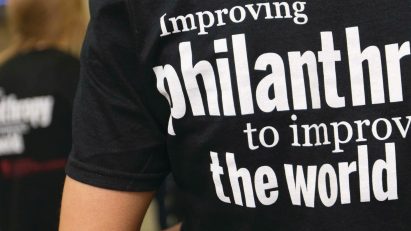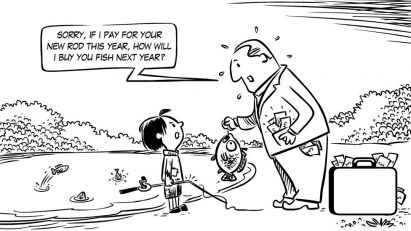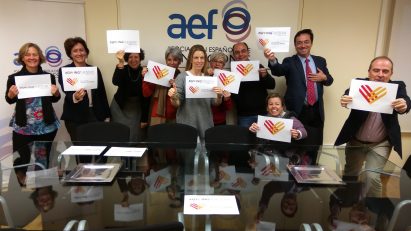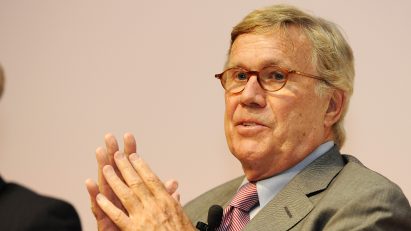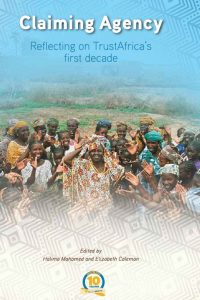Philanthropy scholarship and practice – bridging the divide
Philanthropy is now achieving global academic visibility. The world’s first school of philanthropy opened in the US in 2013 and new philanthropy centres and chairs have emerged in recent years in Africa, India and Europe. Such interest is likely to intensify as philanthropists assume growing influence over public policy and practice. Yet the study of philanthropy, such as it exists, remains relatively small compared to scholarship and teaching on politics, government and business.
To date, there is limited awareness of why it might be important to study philanthropy, what we need to know about philanthropy and how much priority should be given to informing policy and practice. Guest edited by Marta Rey-Garcia of Spain’s Coruña University, this edition of Alliance seeks to offer an introduction to these questions and to open a bridge between academics and practitioners.
As academic interest in philanthropy heats up worldwide, we highlight what the academic world contributes to our understanding of philanthropy and what philanthropy practitioners say they need. We also seek to draw out some of the challenges and difficult issues along the way: from balancing academic rigour and practitioner relevance to the spectre of conflicts of interest if philanthropy essentially funds research into itself.
Finally, this edition continues the debate about whether foundations should be compelled to make mandatory payouts or whether it leads to the worst of both worlds: no long-term increase in resources and a reduction in the freedom of foundations to decide on their own spending levels. Jake Hayman and Angela Kail offer their views and we invite you to join them by contributing yours.

